Brief history of the PhD course
Currently
In the academic year 2020/21 (XXXVI doctoral cycle), the Universities of Padua and Naples “Federico II” launched the inter-university Doctorate Course in “Fusion Science and Engineering” (FSE), with administrative headquarters in Padua. The ambitious goal is to consolidate its role in the high-level training of young researchers (physicists and engineers). Students will be able to benefit from the growing opportunities offered in the experimental activities conducted at the RFX Consortium in Padua (ITER NBTF, RFX-mod) and from the development of the DTT project, an innovative magnetic confinement experiment currently underway at the ENEA headquarters -Frascati, with the involvement of a large part of the national fusion community.
The following activities are foreseen for a PhD student in FSE:
– Attendance of basic and specialized courses in the field of fusion science and technology
– Research periods at international universities and research laboratories (Europe, United States, Japan)
– Training periods in industries active in Italy and abroad in the field of fusion
– Participation in congresses and seminars
– Other complementary activities
The time dedicated to the various activities planned over the three-year period is typically distributed between:
– Research (70-80%)
– Study (10%)
– Other activities, including writing the thesis (10-20%)
More information can be found on the official website of the PhD course in “Fusion Science and Engineering” (FSE)
https://www.crf.unipd.it/phd-course-dottorato/introduction
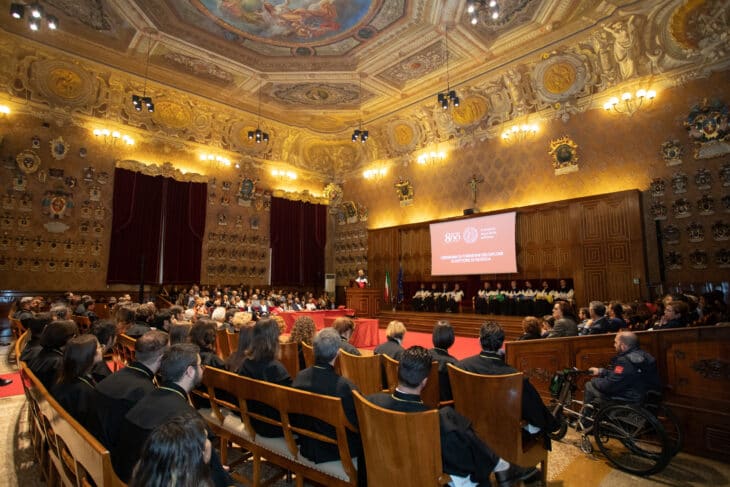
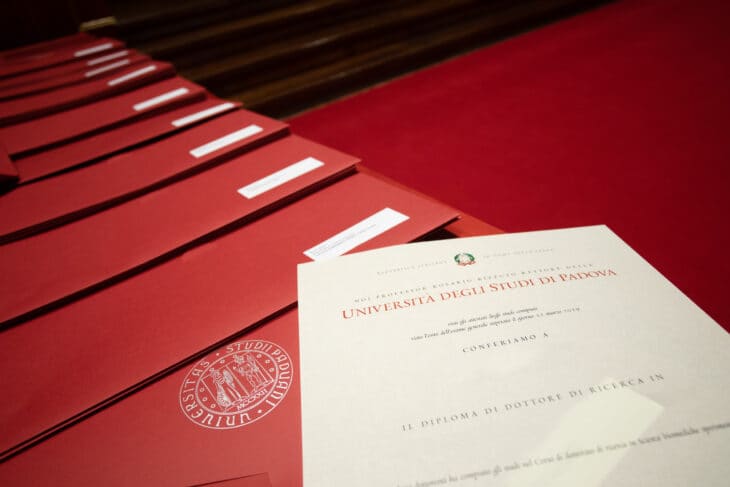
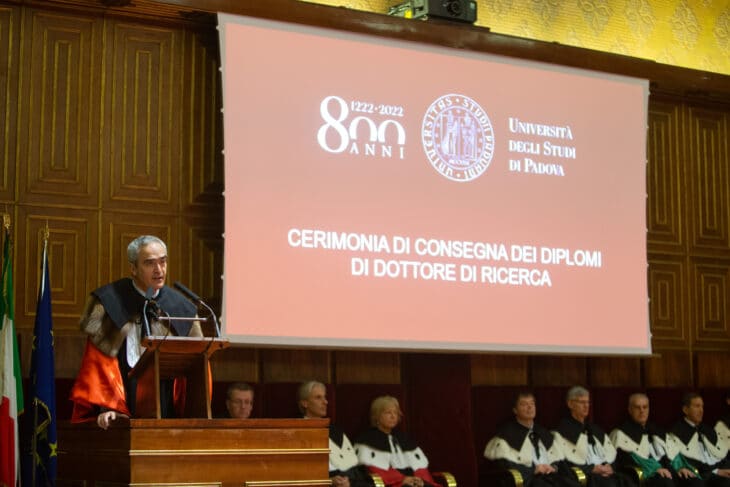
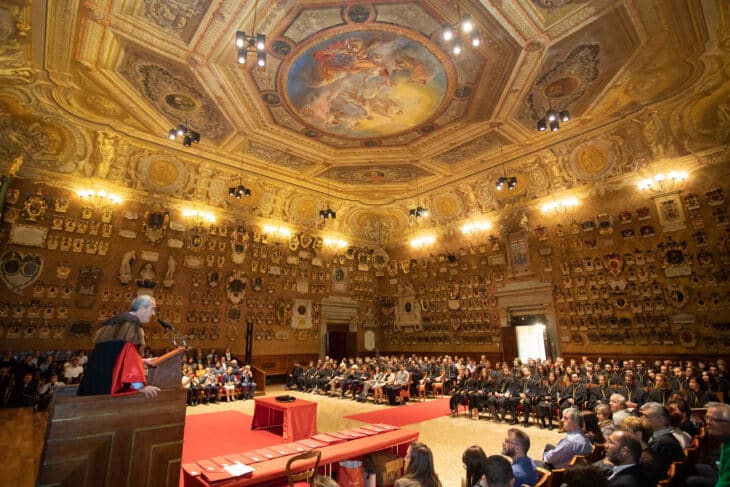
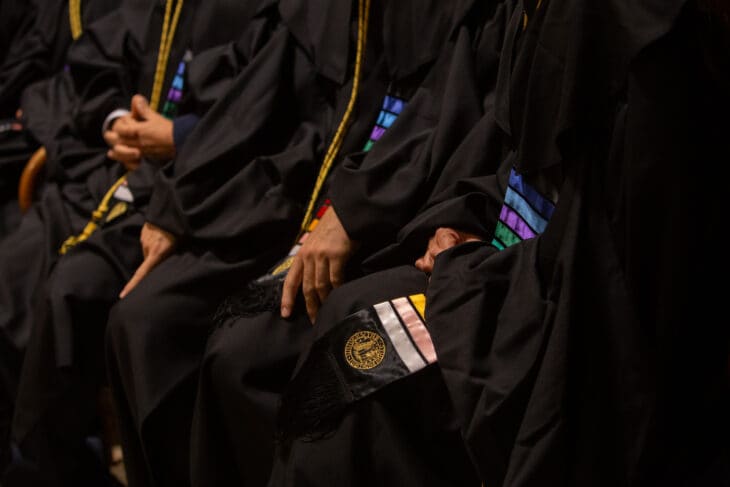
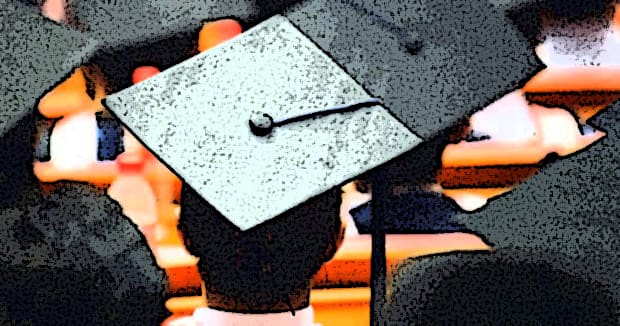
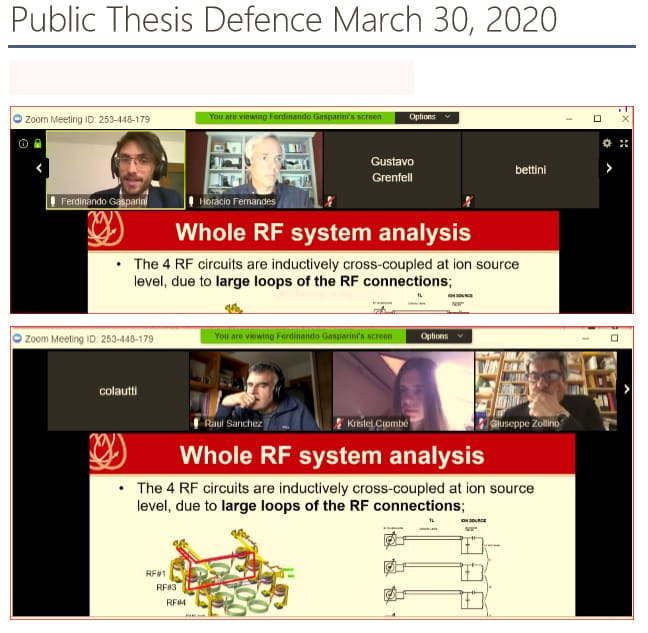
Discussion of the PhD theses 2020 online